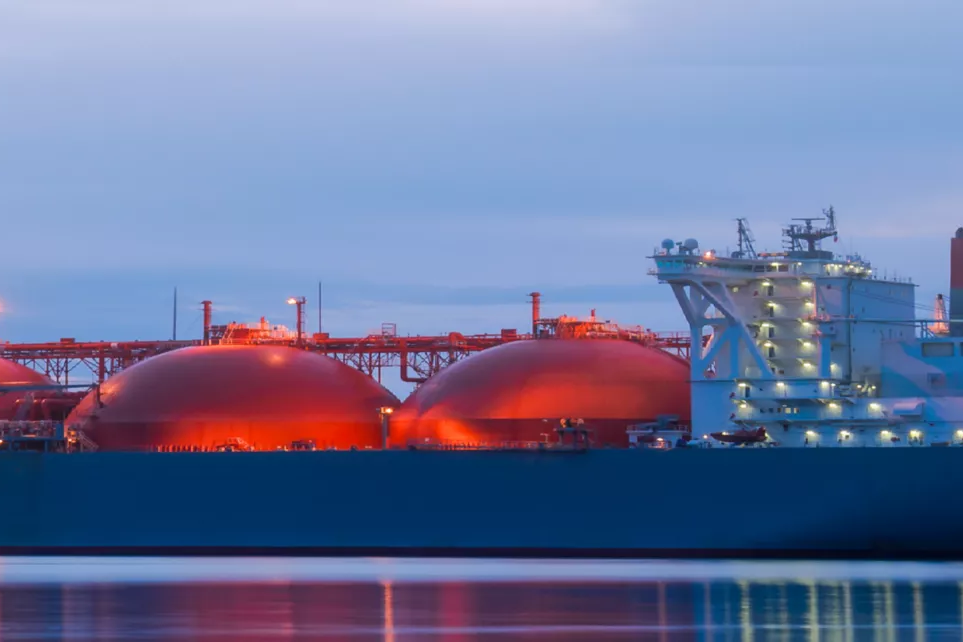Honeywell announced that it has been selected by Ecopetrol S.A. (Ecopetrol), the largest company in Colombia and one of the main diversified energy companies on the American continent, to develop a prefeed engineering study for an Advanced Solvent Carbon Capture (ASCC) modular demonstration unit, which will be used to evaluate carbon dioxide (CO2) capture from Ecopetrol Fluid Catalytic Cracking (FCC) units.
FCC units are key conversion process units within refineries that enable the production of gasoline and propylene. FCC units are also significant sources of CO2 emissions, accounting for 15-20% of overall emissions in a typical FCC-based refinery1, including Ecopetrol’s refineries. Overall, the global refining industry produces ~3% of all CO2 emissions.1
Honeywell UOP’s ASCC technology has been designed to capture CO2 from post-combustion flue gases, which are more challenging to treat due to the low CO2 concentration and low pressure inherent in these sources. In the ASCC process, CO2 is absorbed into an amine solvent and then sent to a stripper where CO2 is separated from the solvent and then transported to be utilized or stored geologically. Honeywell’s Advanced Solvent Carbon Capture technology is specifically designed for post-combustion flue gas applications, enabling greater than 95 percent CO2 capture2. This technology can be retrofitted within existing plants or included as part of a new installation.
The design target of the demonstration unit is to capture 30 tons of CO2 per day from Ecopetrol FCC flue gas. If implemented, the demonstration unit will provide valuable information into the performance of this technology in reducing FCC emissions, with learnings that can be used to inform deployment of commercial scale units in FCC service.
Ecopetrol is the first company in the O&G industry in Latin America to set the goal of achieving net-zero carbon emissions by 2050 for scopes 1 and 2. As a midterm target, by 2030 Ecopetrol seeks to reduce scope 1 and 2 emissions by 25% as compared to 2019. Honeywell’s Advanced Solvent Carbon Capture technology can help meet these goals.
Courtesy of Honeywell.
References:
- Wood Mackenzie: Refinery emissions: implications of carbon tax and mitigation options, November 2021
- Pilot plant testing at NCCC confirms greater than 98% CO2 capture is achievable.


